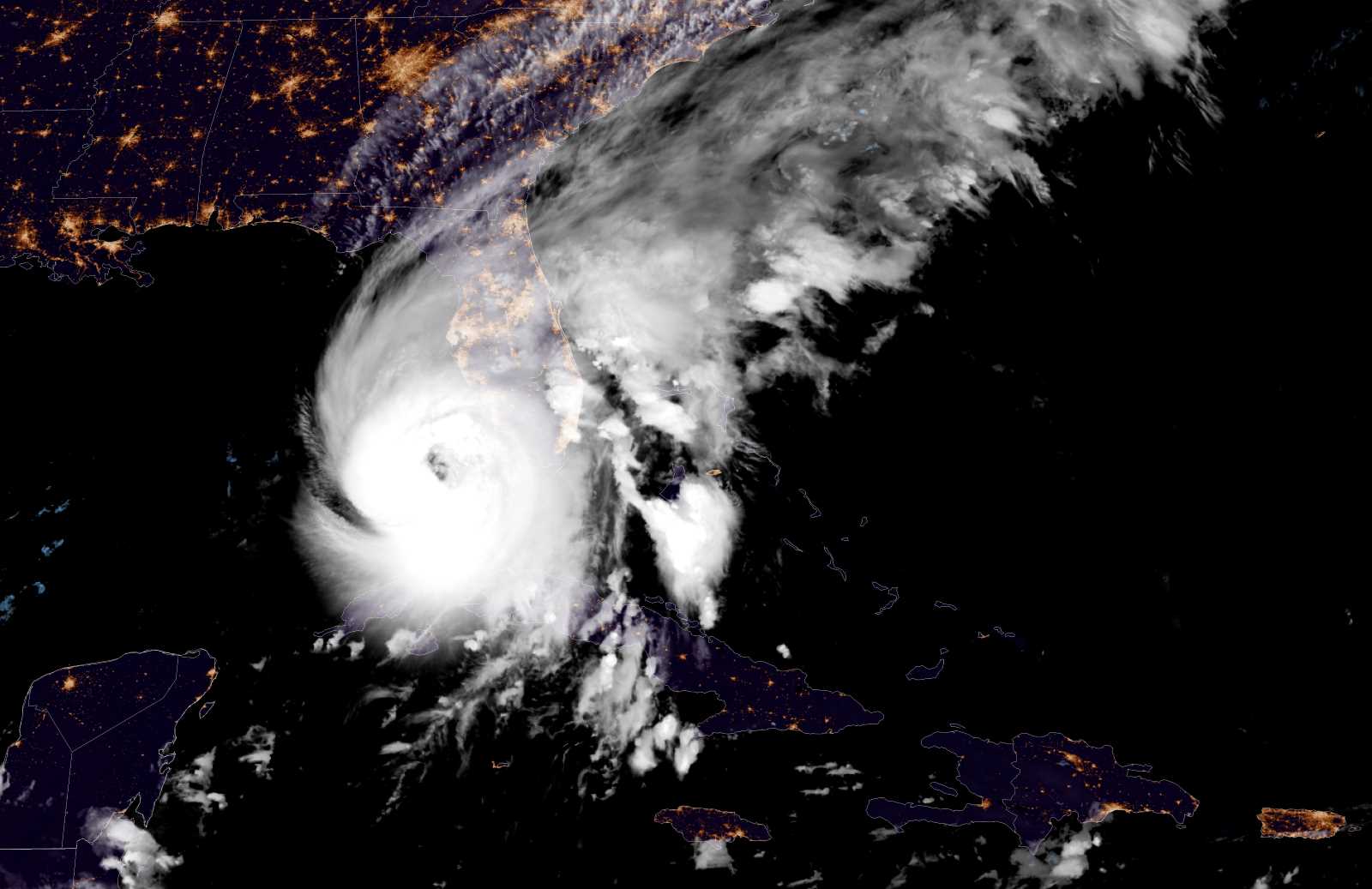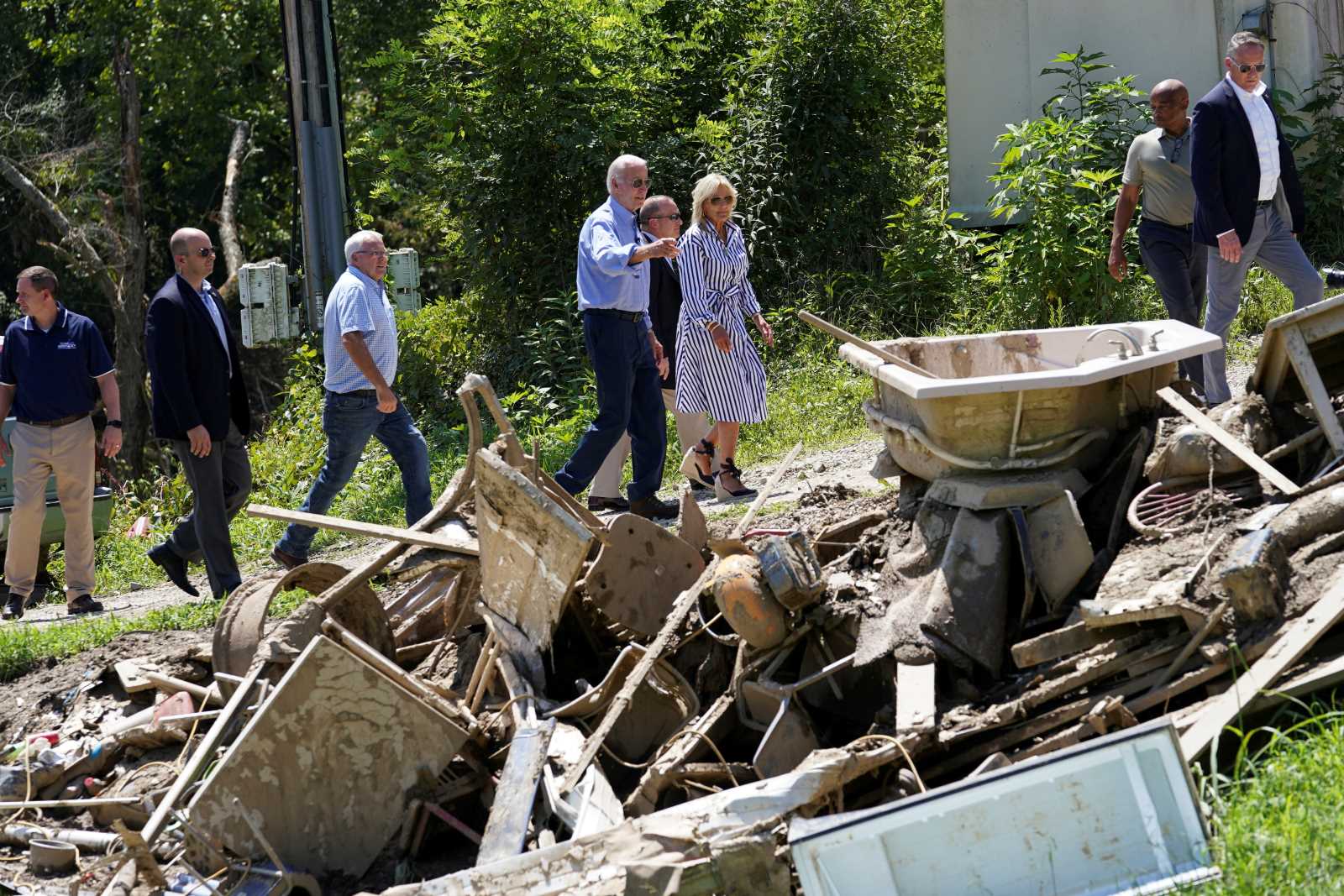Authoritarian tendencies
Destroying global commons

By coincidence, Bolsonaro won the first round of the elections precisely when the Intergovernmental Panel on Climate Change launched its latest report. The consensus of the climate scientists is that action on global warming must be taken fast. Leaders like Bolsonaro, however, are not interested in scientific evidence.
As is typical of right-wing populists, Bolsonaro’s rhetoric is racist, xenophobic and misogynist. He pretends he will re-establish an earlier, social order that was supposedly better and goes on to praise his country’s brutal military dictatorship which ended in 1985. He wants to allow the police to kill supposed criminals and citizens to arm themselves. He promises violence, not peace.
Ever since Donald Trump was elected US president two years ago, international media pundits have been discussing why right-wing populists are gaining momentum. They have mostly neglected how the trend is linked to climate change. Global warming is a huge challenge that the humanity must rise to, but it means transforming economies. To powerful vested interests, that is a threat. By denying there is a problem at all and reversing climate protection, populist leaders are serving those interests.
In the past, both centre-left and centre-right governments tried to regulate capitalism in ways that solved the problems that market dynamics created. That is how the welfare state and environmental protection emerged (see my editorial in D+C/E+Z e-paper 2018/10). Most parties on the centre-left still take this approach, and so do some on the centre-right. However, many established conservative parties are either being taken over or replaced by post-truth populists. The new brand of leaders deny the problems instead of tackling them. They channel related fears by hounding scapegoats. They shy away from environmental responsibilities, claiming to put the national interest first.
Under Bolsonaro’s rule, rainforest destruction is set to accelerate fast. As Brazil has about one third of the world’s remaining rainforests, which are important carbon sinks, this is of global relevance. Protecting forests is a crucial element of climate protection.
According to Bolsonaro’s misleading message, however, the nation will benefit from exploiting underground resources below the forests or turning them into farmland. Yes, there will be short-term financial gains – but only because the environmental costs are not factored in. A rather small number of people profits from rainforest destruction, and they do not pay for the damages they cause. The damages, however, affect everyone else.
The populist approach to environmental politics will hurt the nations concerned. If the likes of Trump and Bolsonaro have their way, global warming will spin out of control. Extreme weather will cause ever increasing damages, and failed harvests will lead to dramatic food shortages. The trend is irreversible, moreover, and will become worse if certain tipping points are reached (see Dirk Messner in D+C/E+Z e-paper 2017/10). Nobody will be safe.
Populists claim to be defending the people from elite interests. In truth, they are protecting vested interests. Their policies only provide protection to the privileged few and leave everyone else to fend for themselves. They care about cash flows, not human rights. As the global commons are destroyed, social tensions will certainly increase.
The cynicism is extreme. As the Washington Post recently reported, the US administration does not want the Environmental Protection Agency to regulate car emissions even though it acknowledges that global temperatures are set to rise by four degrees Celsius. Its point is that action is meaningless because climate change is happening anyway.
Bolsonaro will most likely take a similar approach. Aware of climate change being real, he will probably claim that forest protection is useless. As in the USA, Brazil’s institutions may yet restrain the new leader to some extent by enforcing the laws. Given that Brazil’s democracy is much younger, they will struggle even harder.













